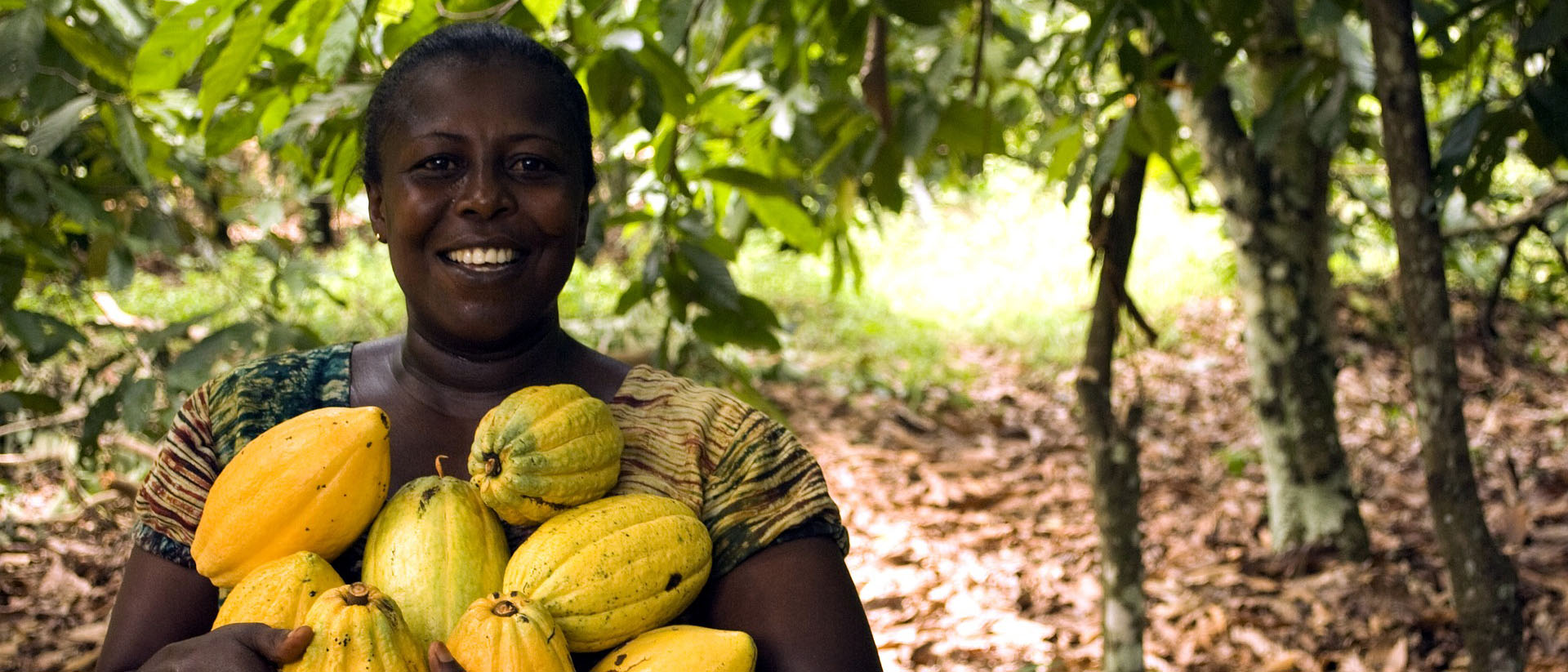
Photo by Pixabay
Name of the Asset | Determinants of Female Labor Force Participation in Ghana
Type of Asset | Working Paper
Date | September 2009
Summary
The full integration of women into the economy has become one of the most important goals of development efforts, with the view that labor market participation of women will improve their relative economic positions and also increase overall economic efficiency of the country. This paper investigates the determinants of female labor force participation in Ghana at two points in time, 1991 and 2006. Using data from Ghana Living Standard (household) surveys conducted in 1991/92 and 2005/06, it examines individual and household attributes that affect female labor force participation and whether motherhood and the presence of children at home have the tendency of reducing a woman’s propensity to engage in paid work.
If finds that women with primary school education or above are more economically active than those with no education. However, this pattern applies only to women participating in wage employment. It also finds that high fertility acts as a constraint on female participation in wage employment, and the presence of children in the home significantly reduces participation in wage work, controlling for age, education, ethnicity, religion and marital status. The relatively low levels of female labour force participation in Ghana are inconsistent with equity and efficiency goals and may be impacting negatively on economic performance. This issue requires prompt attention of policy makers.
Authors:
- Charles Ackah, Institute of Statistical, Social and Economic Research, University of Ghana
- Clement Ahiadeke, Institute of Statistical, Social and Economic Research, University of Ghana
- Ama Pokuaa Fenny, Institute of Statistical, Social and Economic Research, University of Ghana
Country and/or Region | Ghana
Name of the Program | Global Research Project on ‘Institutional Capacity Strengthening of African Public Policy Institutes to Support Inclusive Growth and the MDGs.’
Funder(s) | United Nations Development Programme’s (UNDP) Bureau for Development Policy (BDP) and Regional Bureau for Africa (RBA)
Download the Full Study here
If you cite this resource, please notify communications@gdn.int with the subject line 'GDN citation'.





